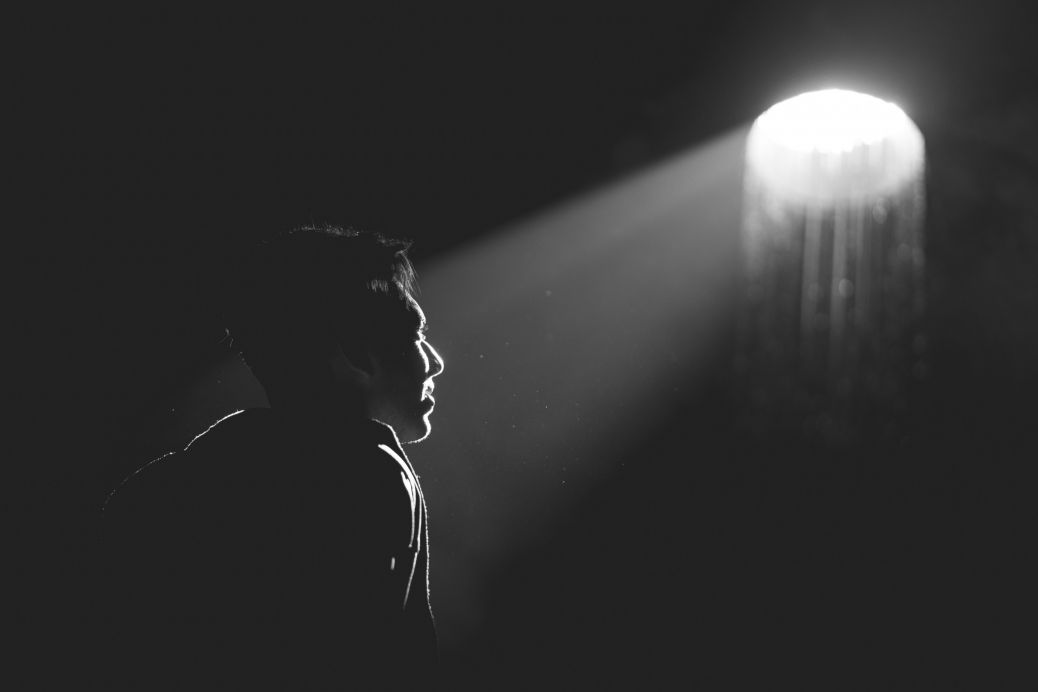“I decided to believe in a God that believed in a girl like me.” — Glennon Doyle, The New Yorker
That may be a strange quote from which to set out and choose a theological worldview of hope. In truth, I chose universalism as a new form of faith before reading the quote earlier this week. Still, it fits so well.
Out of the wreckage and trauma of fundamentalism (evengelical Christian in my case), I needed, and thus decided, to change direction. The old fundamntalist, absolutist beliefs and traditions ceased to be useful if they ever were. Laden with impossible guilt, shame and fear, they along with a perfect mix of depression, became crippling and contributed at times to debilitation. Nihilism, for the longest time, seemed like the only alternative to the closed system of thought of fundamentalism. It certainly wouldn’t ‘feed the bulldog’ so to speak either.
I needed something new. Hence through a long and painful journey, I came to universalism. Although I am a member of a Unitarian Universalist (UU) fellowship, which generally and loosely follows most of what I’m espousing here (and allows for many other options as it is values-based rather than beliefs-based), I am using the term “universalism” to mean something more specific to me.
I meant that I have chosen, decided, to believe in a god who loves and accepts me absolutely, completely, no matter what. No caveats. And not just me, but this god loves everyone and everything — universally. This god is both a source of energy and, for me, also a person, like a powerful friend, brother, father, mother, in one, as I understand he/she/it on any given day. It loves all people (and all things) unconditionally, even if it also might want to change them to become the best versions of themselves.
There is a dialectic inherent in that apparent contradiction, a paradoxical mystery of sorts. But faith–based on its foundations of hope, reason, poetic truth, and choice–is large enough to embrace the improvement impulse while not compromising the absolute, no-matter-what, non-limitation of the unconditional love the emanates from the source energy, god (love).
This is hope. This absolute, uncompromising acceptance and beneficence and grace (there really isn’t a perfect equivalent word for love) is nevertheless the definition of both god and love itself. I frame it as an other-oriented, inexhaustible, if necessary, self-sacrificial regard for others that is in no way contingent upon anything else. It is not qualified. It is not conditional in any way upon my actions, failures, flaws, successes or characteristics. It is not even conditional–as Christian fundamentalism posits–upon my belief, repentance, or act of acceptance of some nominally free gift. Nothing. I exist therefore I have love. And this love supersedes and transcends all else. There in lies the hope, so richly, universally, and desperately needed.
If love were conditioned on anything, it would cease to be the definition of full love, and god. It cannot be limited or boxed in by theology or dogma. This is not to deny that above I have probably necessarily appealed to certain other first principles in the nature of a dogma. That’s okay – we all have a priori beliefs in our worldviews. These are just better ones for me. This love lives full and free. And because of that, I also continue to do so with renewed hope. Fragile as life might be, this hope in this universal, absolute, unconditional love is the sine qua non of motivation and hope and optimism, and one that I cherish, and seek to ever increasingly explore and apply.




